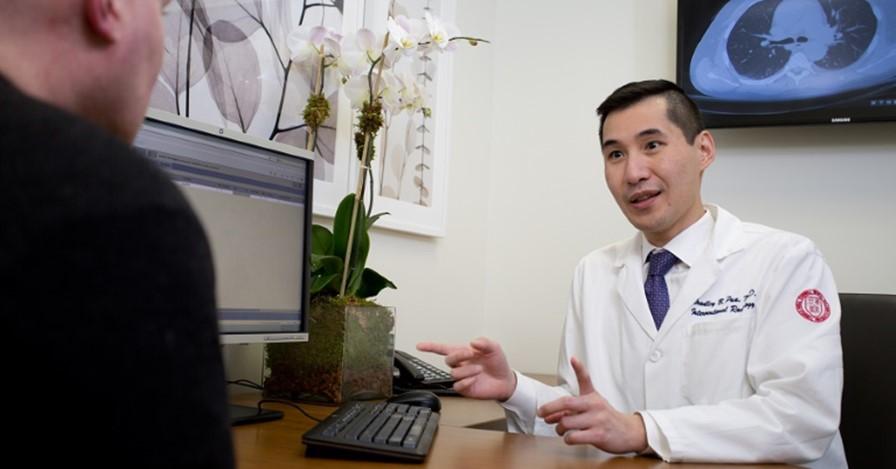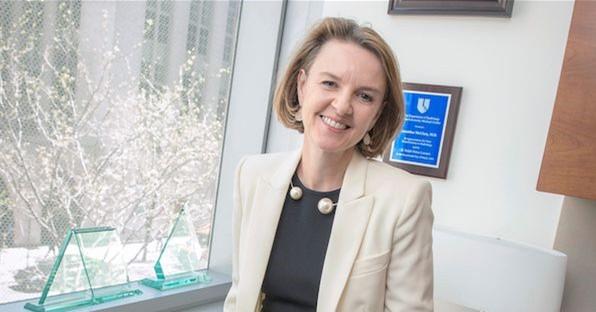
To optimize community patient experience and preventative medical outreach, Dr. Brad Pua has led the expansion our lung cancer screening program and consolidation of standards of practice across various sites at NewYork-Presbyterian Weill Cornell Medical Center.
The initiative is particularly aimed at reaching Black and Brown communities across the New York metropolitan area. The program first began by providing a mobile CT lung screening program to the Lower Manhattan community. Now, the initiative aims to expand across Brooklyn, Harlem and Queens. To do so, in addition to garnering support across NYP-WCM sites, Dr. Pua and his team have developed and maintained solid partnerships with community-based organizations and community leaders. The initiative ensures a shared decision-making process that shepherds each patient through screening, referral, and curative resection in an expeditious manner, making the entire process 2-3 weeks long. Furthermore, the initiative directs patients to cardiological services for high-risk coronary calcium and to pulmonary services for emphysema as well as incidental lung modules.

Also, in August 2021, Dr. Geraldine McGinty was appointed Senior Associate Dean for Clinical Affairs. As part of her new role, Dr. McGinty will expand the clinical imprint of Weill Cornell Medicine among the diverse communities of New York City. By increasing interactions and engaging with patients from every socioeconomic status and ethnic background, our physicians and trainees will have more opportunities to offer compassionate and multiculturally-informed quality care to these diverse groups. Dr. McGinty is the founder of the RADxx Initiative, which fosters mentorship opportunities in Radiology, and she has received the Jessica M. and Natan Bibliowicz Award for Excellence in Mentoring Women Faculty. These and many other experiences inform her interest in promoting and enhancing clinical excellence and diversity while providing patients with the best possible care.
The Department of Radiology is dedicated to the health and well-being of its diverse communities. Initiatives such as these provide the institution with countless opportunities that expand and increase access to quality care and wellness education. By doing so, we improve treatment approaches and outcomes for everyone, especially those who have been historically marginalized and made vulnerable.

